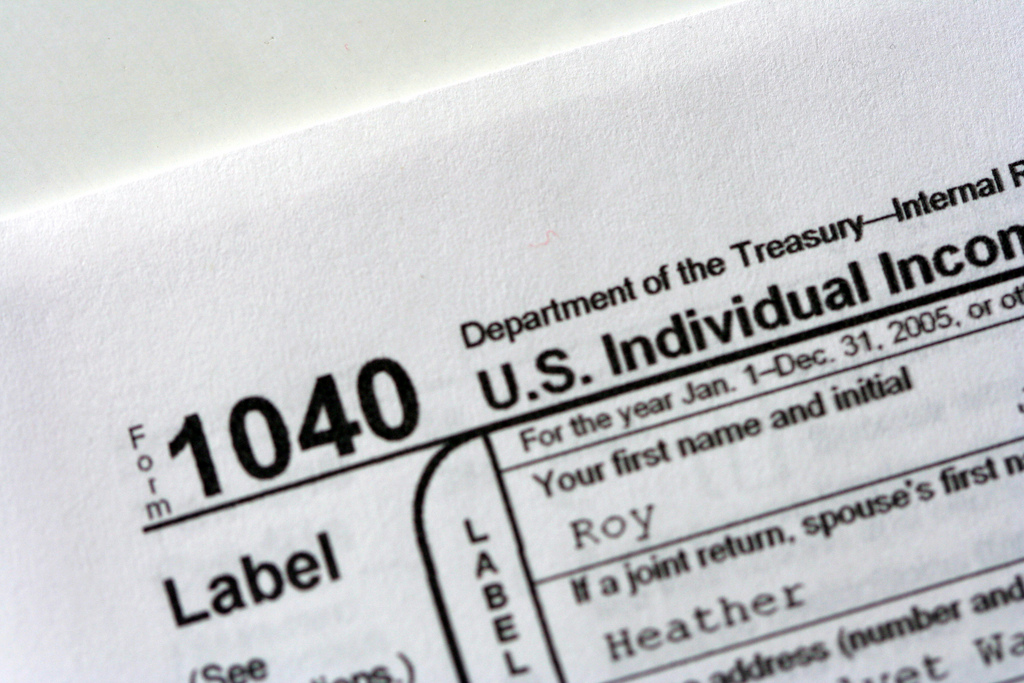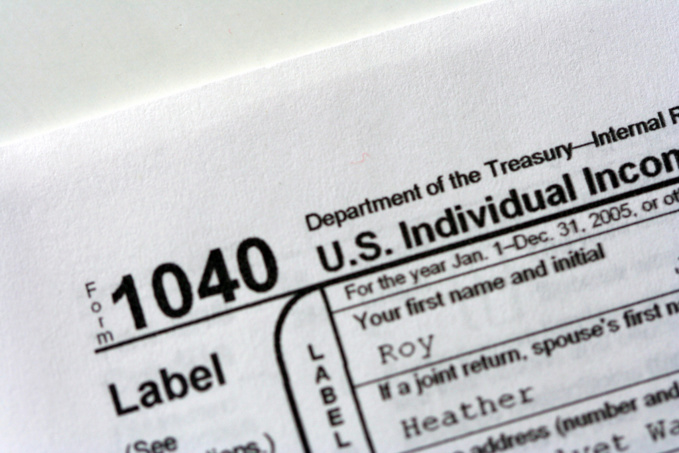The NBER association published preprint studies of about the impact of "tax amnesties" in the US since 2009. The authors were extensively supported by the IRS management and staff, and it is important in this case: capabilities of the US tax department to interpret tax data are limited (the authors have access to anonymized IRS data). The task of the research is beyond the direct competence of the tax service. Among other things, the paper examines the alleged behavior of US taxpayers not participating in the IRS "tax amnesty" programs.
Recall that in 2008, the IRS and the US government announced a series of actions aimed at increasing taxation of offshore accounts and assets of individuals and legal entities in the US. The measures were conducted both in the framework of initiatives G8 and OECD to reduce the withdrawal of income tax, and after the leakage from the UBS base data on Swiss accounts of 60 thousand customers from the US, who allegedly dodged taxes. Since 2009, US residents - owners of foreign accounts worth over $ 10 thousand - should inform the IRS about them on a special form (FBAR). From March to October 2009, they also could enter into the OVD (Offshore Voluntary Disclosure). The program provides a payment of a fine in the amount of 40% of unpaid taxes for the last six years. Successful payment guarantees absence of direct criminal claims against the owners (participation in the OVD was de facto tax amnesty). In 2010-2012 the OVD was repeated.
The IRS published the OVD statistics: 45,000 owners of offshore and foreign accounts paid $ 6.5 billion in 2011-2014. Researchers were also interested in "hidden" results of pressure on taxpayers: FBAR forms without participation in OVD programs since 2009 have also provided tens of thousands (about 60 thousand; some opened accounts in offshore jurisdictions for the first time). Yet, they did not become to pay taxes and enjoy guarantees from the IRS, although filling out the FBAR for them is a risk of increased attention of tax officials. Obviously, this part of taxpayers ("silent" in the terminology of the authors of the article) considers their offshore assets to be non-criminal, or believe that the IRS would not pursue them (owners of more than $ 1 million worth accounts entered the OVD program more often).
However, the effect of the expansion of the income tax base turned out to be almost insignificant. The researchers evaluated it at $ 2.5-4 billion of declared profit per year and $ 0.7-1 billion in growth in IRS tax collections. This is extremely small for an IRS amount. Given that new data leaks from banks were expected in 2009-2014, the US signed tax agreements on data exchange with a number of jurisdictions and began implementing the FATCA law.
source: bloomberg.com
Recall that in 2008, the IRS and the US government announced a series of actions aimed at increasing taxation of offshore accounts and assets of individuals and legal entities in the US. The measures were conducted both in the framework of initiatives G8 and OECD to reduce the withdrawal of income tax, and after the leakage from the UBS base data on Swiss accounts of 60 thousand customers from the US, who allegedly dodged taxes. Since 2009, US residents - owners of foreign accounts worth over $ 10 thousand - should inform the IRS about them on a special form (FBAR). From March to October 2009, they also could enter into the OVD (Offshore Voluntary Disclosure). The program provides a payment of a fine in the amount of 40% of unpaid taxes for the last six years. Successful payment guarantees absence of direct criminal claims against the owners (participation in the OVD was de facto tax amnesty). In 2010-2012 the OVD was repeated.
The IRS published the OVD statistics: 45,000 owners of offshore and foreign accounts paid $ 6.5 billion in 2011-2014. Researchers were also interested in "hidden" results of pressure on taxpayers: FBAR forms without participation in OVD programs since 2009 have also provided tens of thousands (about 60 thousand; some opened accounts in offshore jurisdictions for the first time). Yet, they did not become to pay taxes and enjoy guarantees from the IRS, although filling out the FBAR for them is a risk of increased attention of tax officials. Obviously, this part of taxpayers ("silent" in the terminology of the authors of the article) considers their offshore assets to be non-criminal, or believe that the IRS would not pursue them (owners of more than $ 1 million worth accounts entered the OVD program more often).
However, the effect of the expansion of the income tax base turned out to be almost insignificant. The researchers evaluated it at $ 2.5-4 billion of declared profit per year and $ 0.7-1 billion in growth in IRS tax collections. This is extremely small for an IRS amount. Given that new data leaks from banks were expected in 2009-2014, the US signed tax agreements on data exchange with a number of jurisdictions and began implementing the FATCA law.
source: bloomberg.com



















